The Responsible AI Lab (RAIL) welcomed a delegation from the Faculty of Law at Kwame Nkrumah University of Science and Technology (KNUST), in the persons of Dr. Chris Adomako-Kwakye, Acting Dean, Dr. Renee Morhe, Vice Dean, Dr. Thaddeus Nkum Manu, Head of Department, Public Law, Ms. Jennifer Djanbea Asare, Mrs. Mavis Osei Boateng, Registrar and Dr. Elizabeth Archampongma Archampong, alongside representatives from the University of Lille, France, Prof. Marcel Moritz, Professor of Public Law, and Sophie Sarr, International Programmes Manager on 9th July 2025.
The visit aimed to foster collaboration on AI-driven legal research and explore synergies in responsible AI development.
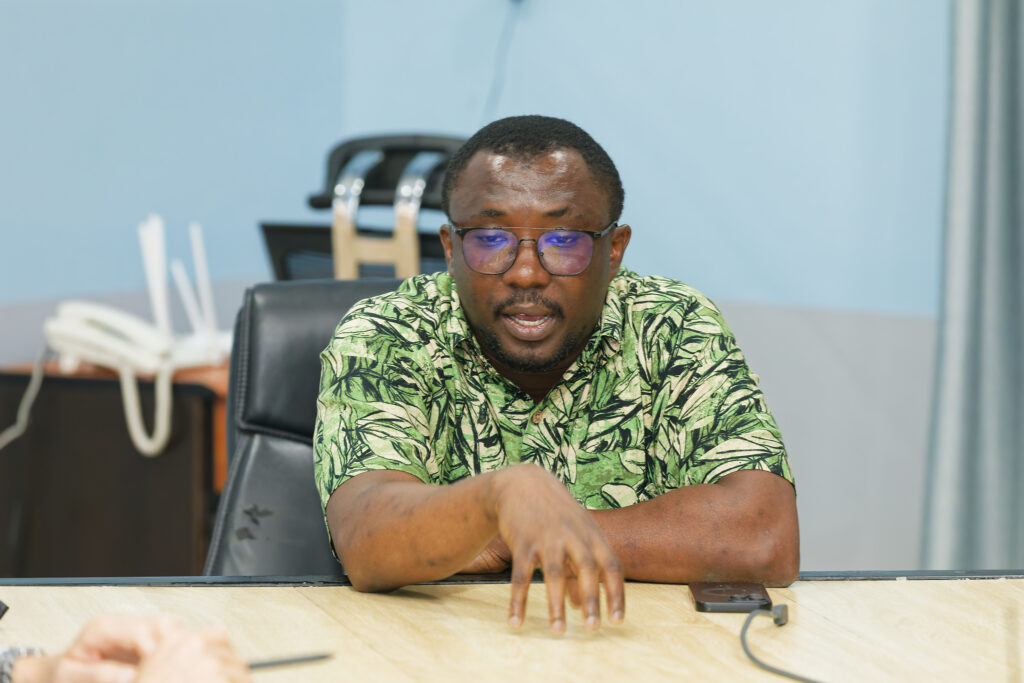
Dr. Henry Nunoo-Mensah, AI in Health Theme Lead at RAIL, stood in for Prof. Jerry John Kponyo (Principal Investigator and Scientific Director of RAIL) and warmly welcomed the guests. He provided an overview of RAIL’s mission and introduced the FACETS framework, an ethical AI development tool for Fairness, Accountability, Confidentiality, Equity, Transparency and Safety.
Dr. Nunoo-Mensah highlighted RAIL’s partnerships with key institutions, including the Foreign, Commonwealth and Development Office (FCDO), the International Development Research Centre (IDRC), and the French Embassy in Ghana, underscoring the lab’s commitment to advancing ethical AI solutions.
Students and researchers showcased projects aligned with RAIL’s mission to develop inclusive and impactful AI solutions.
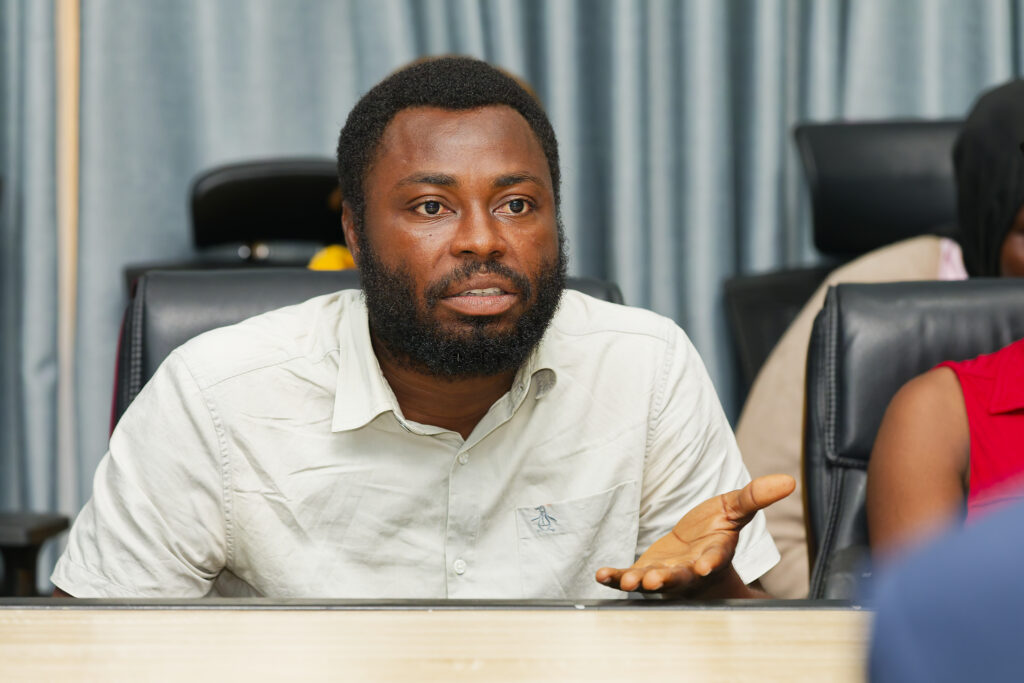
Julius Adinkra, PhD Student’s research supports Sustainable Development Goal 7 (Affordable and Clean Energy) by improving electricity demand forecasting in underserved communities, ensuring reliable energy access.
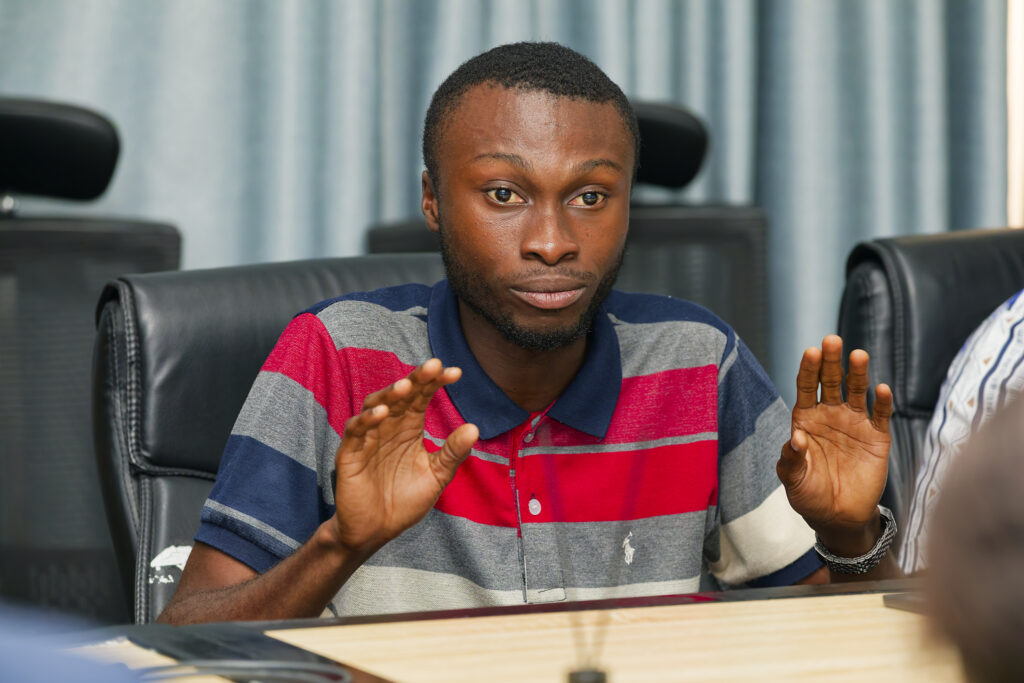
Dickson Marfo Fosu, a Master’s Student, presented the I-See Project, a smart cane for the visually impaired, integrating sensors and AI-powered audio feedback to enhance mobility and independence. The project emphasises co-creation with persons with disabilities to ensure usability.
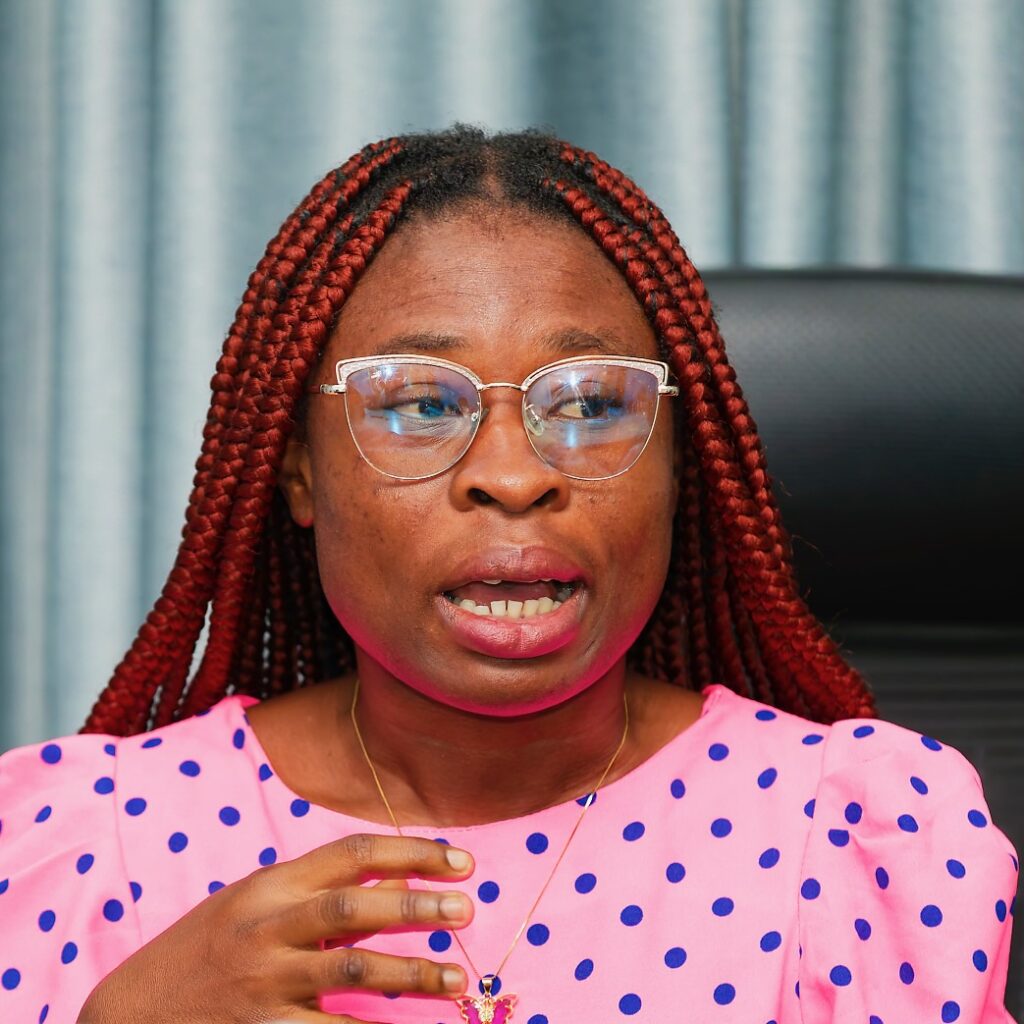
Juliet Arthur, a Research Intern, shared insight on the I-Hear Project, which designs context-aware hearing aids for Ghana’s hearing-impaired community. The team is collecting local language data to train AI models for noise suppression and speech amplification.
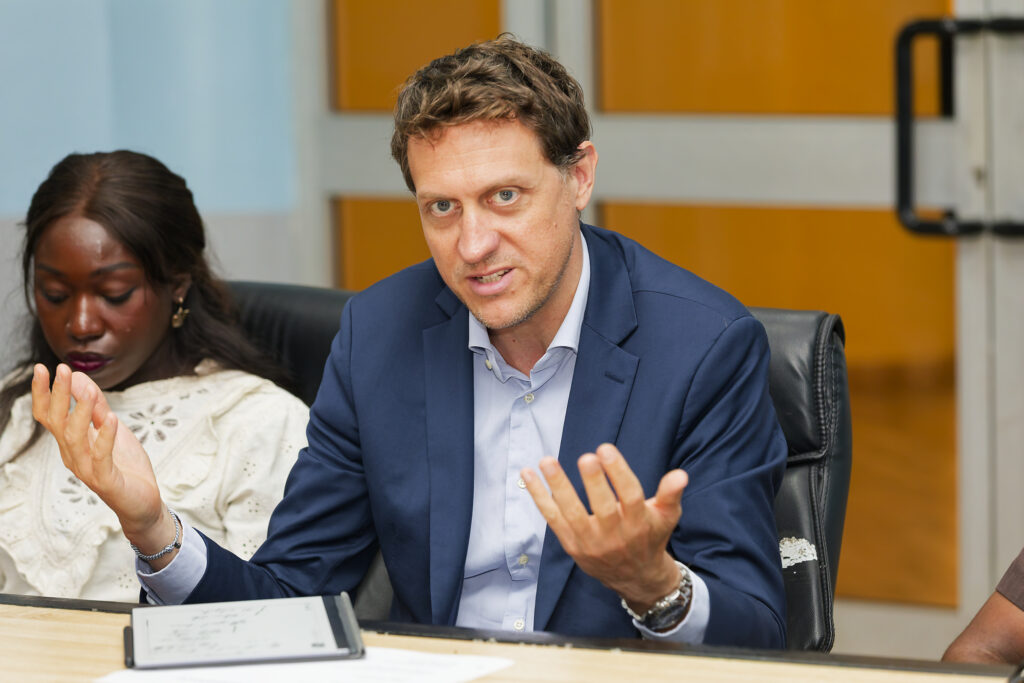
Prof. Marcel Moritz, Professor of Public Law at the University of Lille, commended RAIL’s work, noting parallels with AI initiatives at Lille. As an expert in AI’s role in Law and Governance, he highlighted ongoing projects, including training public servants on AI’s impact on their work and exploring how technology can support judges in the judicial system.
Dr. Nunoo-Mensah affirmed RAIL’s commitment to collaborating with KNUST’s Faculty of Law and the University of Lille on the AI in Justice Project, paving the way for interdisciplinary research.
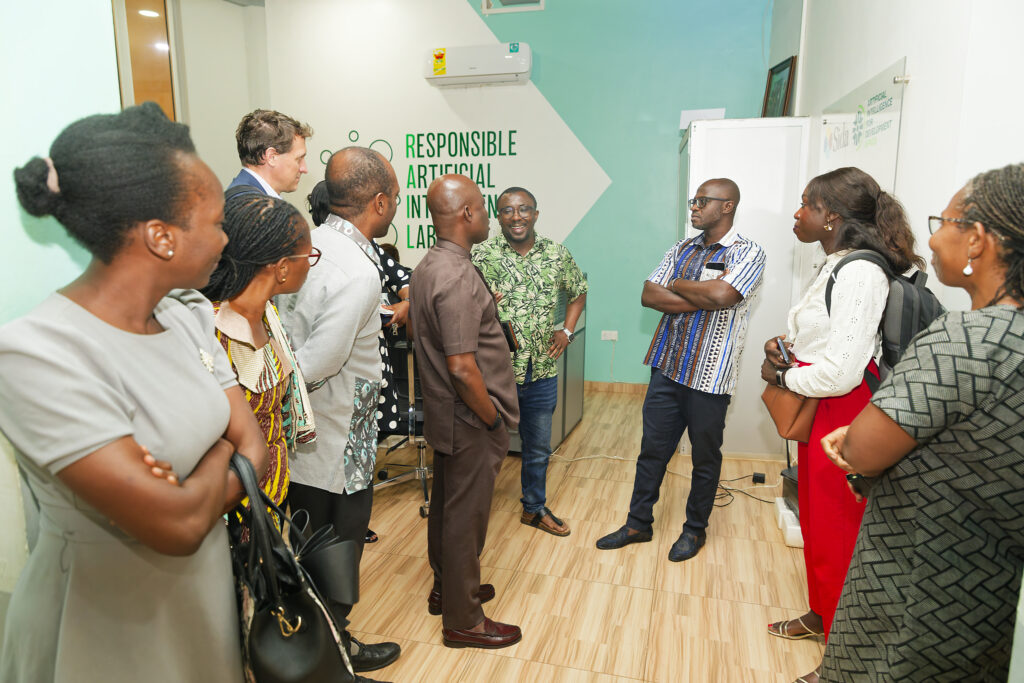
The delegation had an interactive tour of the RAIL lab, engaging further with researchers and exploring potential partnerships. This engagement is a step toward bridging AI, law, and social impact, reinforcing RAIL’s dedication to ethical and practical AI solutions.